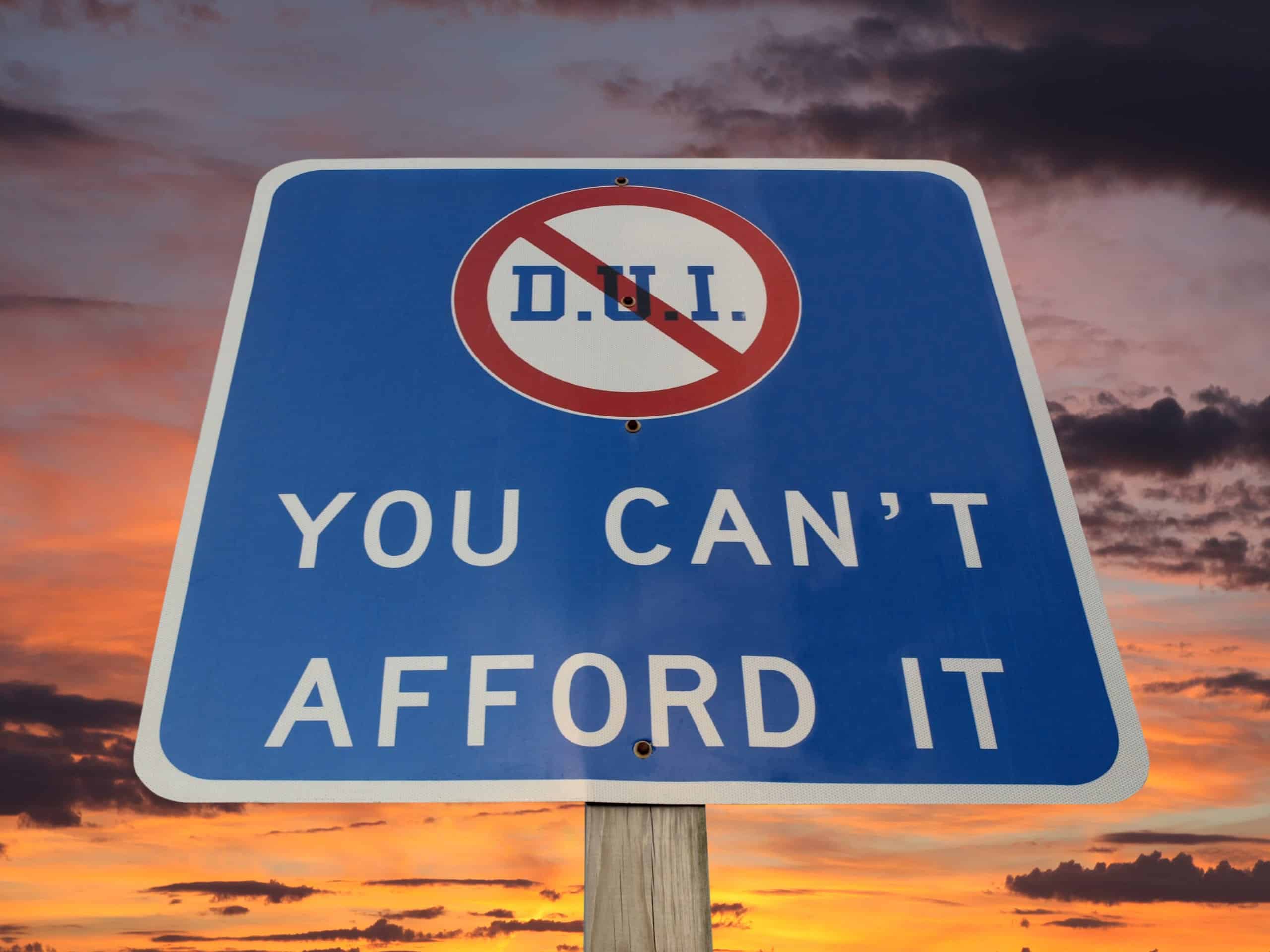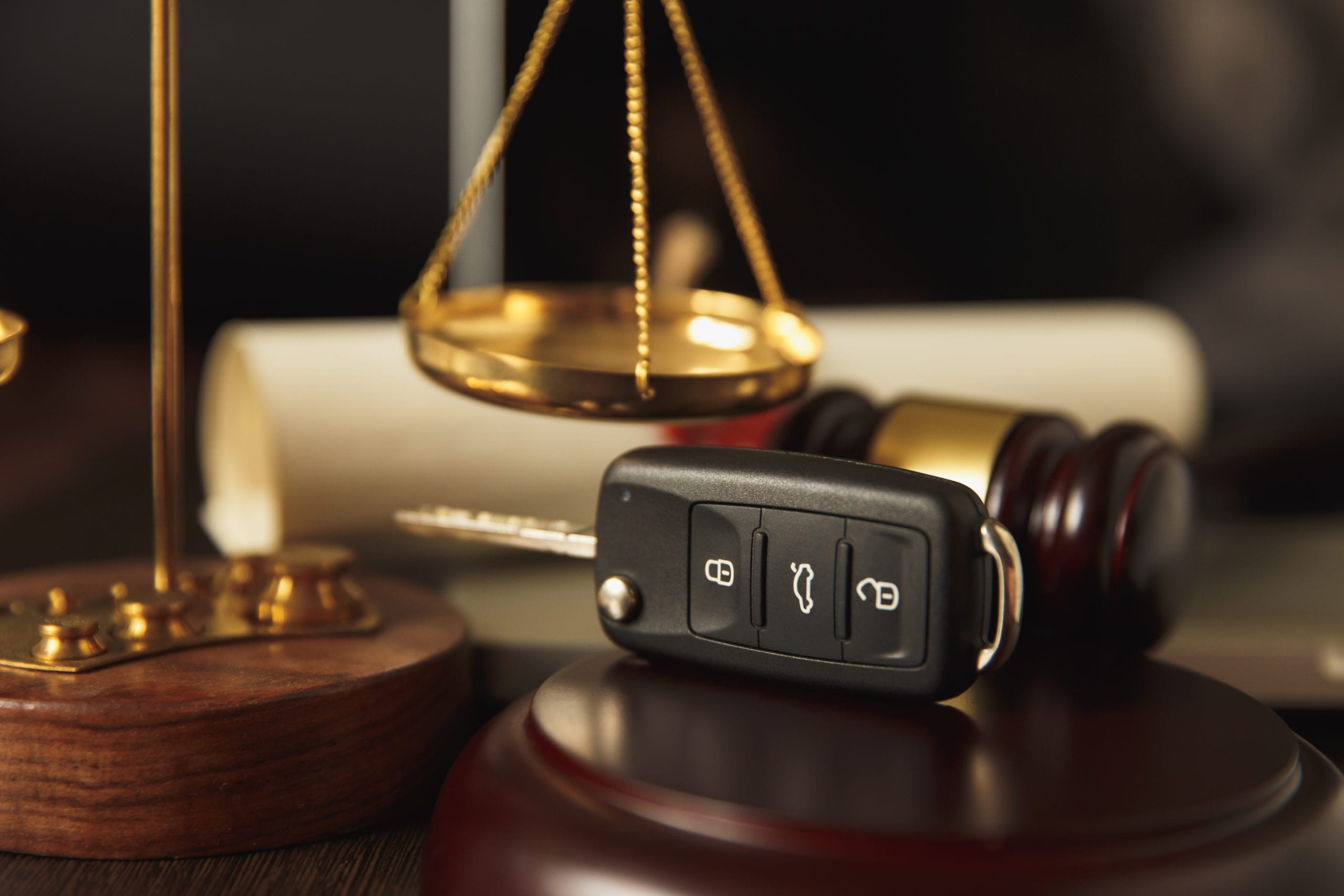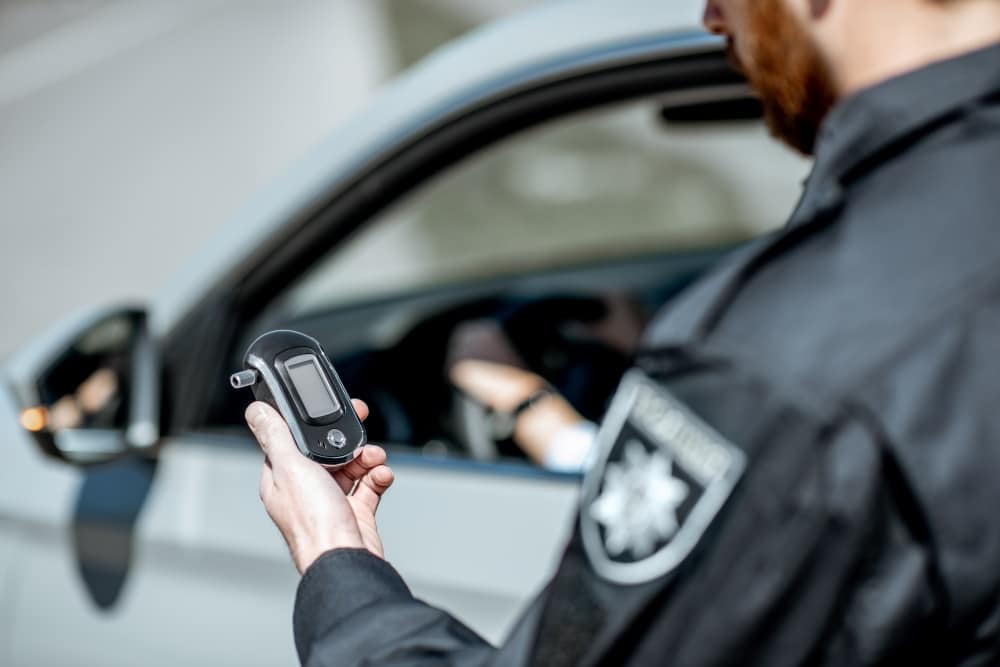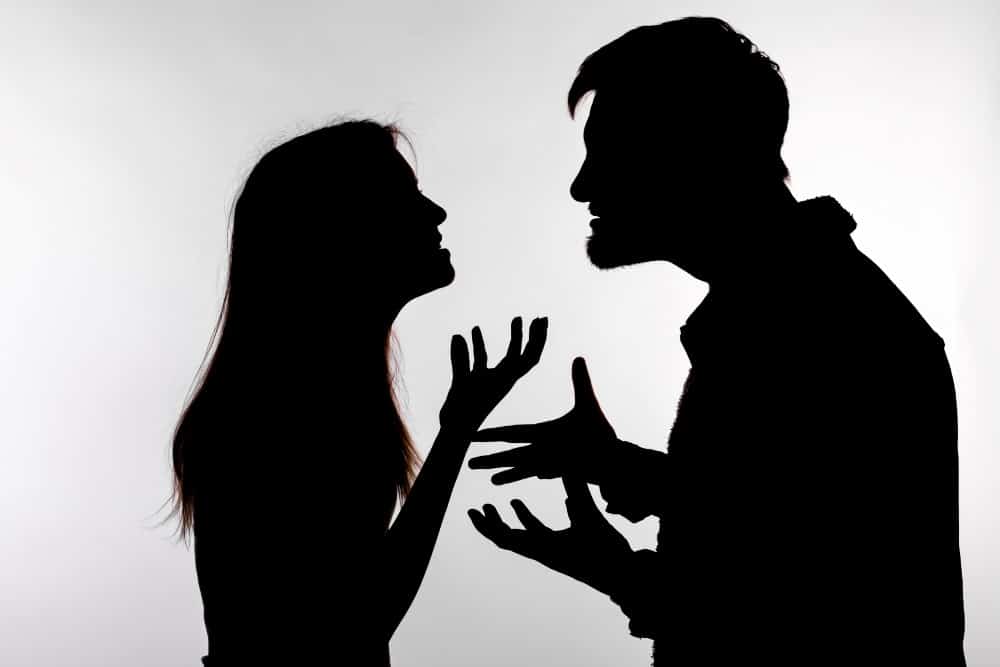- Home
- THE FIRM+
- Criminal Defense+
- CASE RESULTS
- AREAS WE SERVE+
- FAQ’s
- Blog
- Contact
AZHARI LLC BLOG

Posted By: Sami Azhari
Category:
It seems like a natural defense: If you’re pulled over by Chicago police and worried about a DUI, claiming that you have the coronavirus is a way to get out of it.
It’s not that simple, though – as one Chicago man recently found out, now facing both DUI charges and charges for the battery of an officer.
Chicago has some tough laws and harsh penalties for driving under the influence. That’s why it’s best to know what can happen in the face of a DUI charge in Chicago and the best defenses against it.
Driving Under the Influence in Illinois
DUI laws in Illinois are notoriously tough. There is also an implied consent law on the books that can further complicate matters if someone is suspected of driving under the influence.
This implied consent law means that anyone who assumes control of a motor vehicle in the state agrees to provide blood, urine, and breath samples to an officer that has placed them under arrest with adequate probable cause.
In that situation, the officer can legally order tests for alcohol and other drugs that are a violation of the Illinois law.
In Illinois, people over the age of 21 with a blood-alcohol level of .08 percent or more cannot operate a motor vehicle legally. Further, a person can be charged with a DUI if they have a blood-alcohol level of .08 percent or lower if there is evidence that of impaired driving ability.
Penalties for an Illinois DUI Conviction
There are a lot of factors that can play into penalties for a DUI in Illinois, including blood alcohol level, age, and previous offenses. Penalties in Illinois are typically broken out by your previous DUI history:
First DUI Offense
If this is a first DUI offense, then it’s probably considered a Class A misdemeanor. A conviction can result in the loss of a driver’s license for up to one year and suspended vehicle registration. A blood alcohol level of over .16, or twice the legal limit, can result in fines of up to $500 and up to 100 hours of community service.
Second DUI Offense
This is also a Class A misdemeanor, but a second offense can also result in up to five days in jail as well as up to 240 hours of community service. A second conviction can also result in the loss of a driver’s license for five years or more. A blood alcohol level of .16 percent or higher can further result in a fine of up to $1,250.
Third DUI Offense or More
DUIs after the second offense are considered aggravated, meaning they are charged as a Class 2 felony. This is punishable by the revocation of a driver’s license for 10 years and a sentence of up to seven years in prison. When a driver’s blood-alcohol level is .16 or higher, then 90 days can be added to the prison sentence as well as a fine up to $2,500.
It’s important to also note that if a person is arrested for a DUI and they were transporting a child under the age of 16 in the car, the punishment can be even more severe.
Defending Against a DUI in Illinois
All told, everyone makes mistakes, and being arrested for a DUI isn’t the end of the world. Often, an experienced attorney can employ various strategies to defend against a DUI charge and avoid conviction, such as:
- Lack of probable cause that led to the arrest
- A non-standard field sobriety test that is not admissible in court
- Where the individual was driving, if it was not on a public road
While a DUI is without a doubt a serious matter for everyone involved, knowing your rights and what to do if you should ever be suspected of driving under the influence will go a long way in moving past your mistake.
About the Author
Sami Azhari has been working as a lawyer since 2007, after receiving his Juris Doctor from the Michigan State University College of Law. He has handled numerous state and federal cases and is known throughout the Chicago and Rolling Meadows area for providing his clients with high-quality, skilled representation. He has been recognized by Avvo (2013 and 2018), SuperLawyers (2015-2020), The National Trial Lawyers, and other notable organizations, and has spoken at a number of legal conferences.


























































